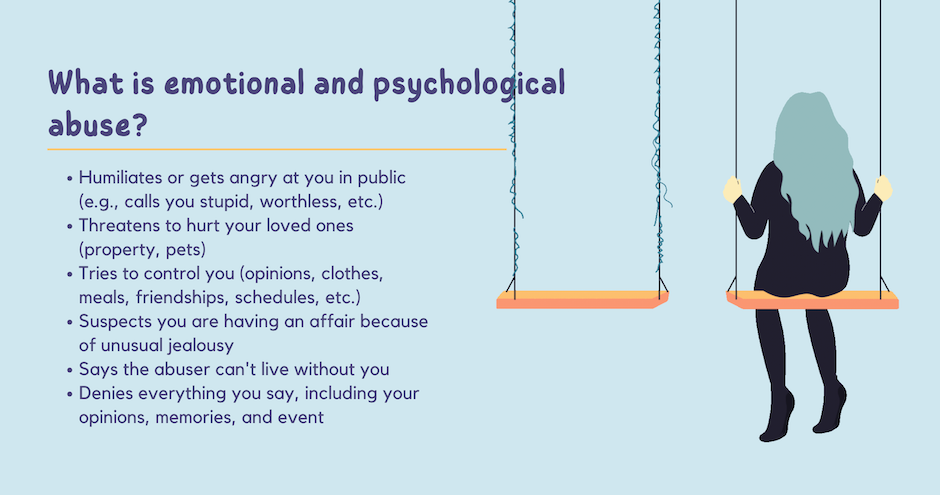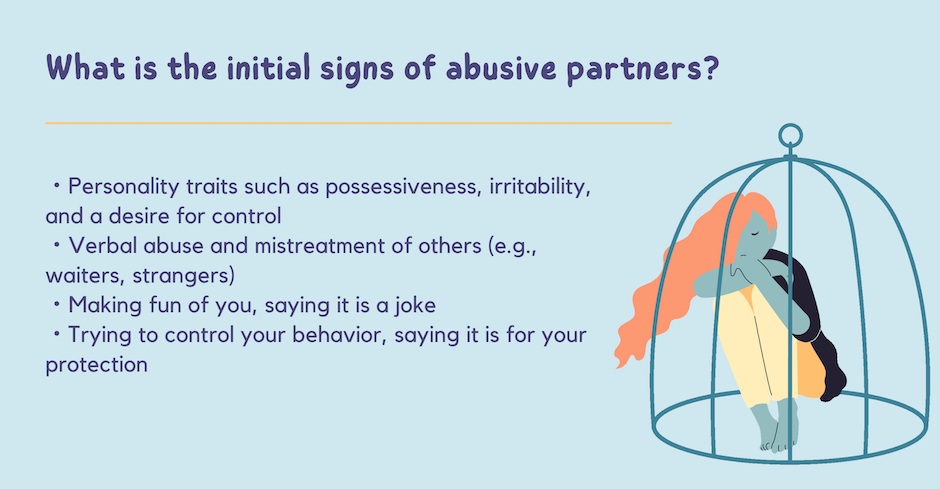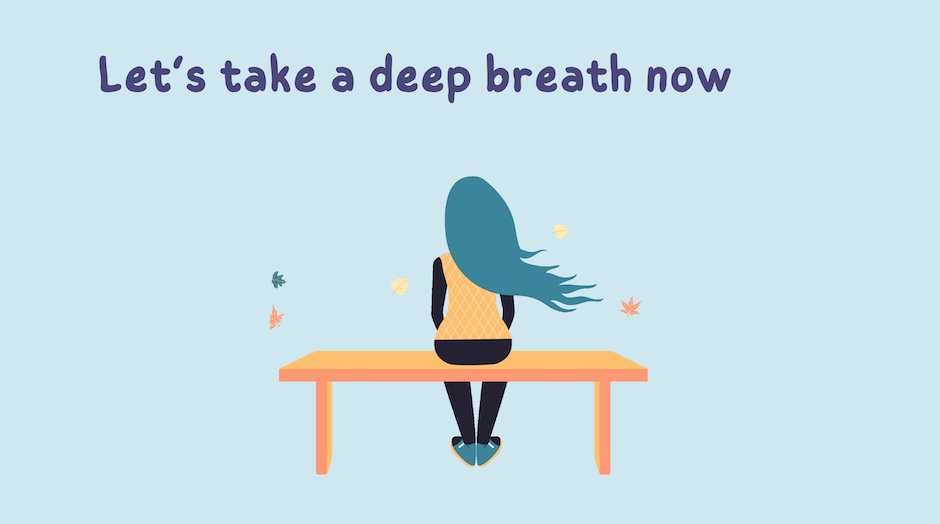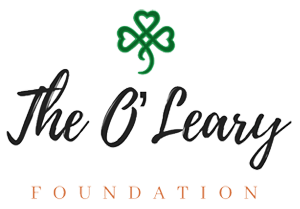- Yuiko Yoshikawa
- Jun, 25, 2024
- Blog
- Comments Off on Mental Health Awareness Month
May is the mental health awareness month! We need to focus on our mental health and increase awareness of how important it is. Mental health is an important part of our lives, however, there is still a stigma associated with mental health and it is looked over compared to physical health. Let’s take a deep breath here, and put our eyes on the mental well-being of ourselves, our families, and our loved ones.
Emotional and psychological abuses are more common in IPV
When you hear the words “intimate partner violence” or “domestic violence,” what immediately comes to mind is physical abuse or sexual assault. In reality, however, in cases of “intimate partner violence,” emotional and psychological abuse is more common and occurs more often than physical abuse. For example, research among North Carolina women (Smith et al., 2002) found that 18.4% of women experienced at least one form of intimate partner abuse. However, of those who experienced some form of abuse, only 1.9% experienced only physical assault, and only 1.1% experienced only sexual assault. In other words, it is not an exaggeration to say that emotional and psychological abuse is more prevalent than physical abuse and occurs more frequently than physical abuse.
What is emotional and psychological abuse?
There is no significant difference between them. It is just said that psychological abuse is a narrower definition than emotional abuse and psychological abuses include manipulative control behavior to the victims. Please look at an example of emotional and psychological abuse.

How does it destroy your mental health?
Survivors often internalize their partner’s verbal abuse. Even if they initially question their partner’s words and actions, as they continue to be verbally abused on a daily basis, they come to believe what their partner is saying. They then internalize the self-denial from others, believing that wrong ideas such as “I am stupid and worthless”. Even after they realize that this was emotional and mental abuse, they blame themselves for their situation and feel anger toward themselves. According to an article by American Phychiatiric Association, approximately 20% of IPV survivors have major depressive disorder (MDD), generalized anxiety disorder (GAD), and posttraumatic stress disorder (PTSD).
What are the initial signs we can notice?
Emotional and psychological abuse is often difficult to recognize, especially in the early stages. If there is violent behavior from the beginning, it is not difficult to avoid, but in many cases, there is no particular problem initially. A partner who was kind to you at first may gradually begin to say and do things to mentally control you. Once under the abuser’s control, many victims find it difficult or impossible to get out of the situation. That is why it is important to recognize disturbing signs in the early stages.A person who inflicts emotional or physical abuse on a partner may show the following signs early in the relationship.

These are just a few examples. Emotional and psychological abuse can permeate your relationship with your partner and is difficult to recognize. If you have experienced this form of abuse, do not blame yourself. The abuse is not your fault. Even if your family or friends tell you that you are allowing yourself to be abused, the abuse is not your fault; it is the fault of the abuser. If you are being abused by a partner or family member, it is essential that you seek help and support to end the emotionally or psychologically abusive relationship.
Places Where You Can Consult
Sylvia’s Place 269-673-8700
the U.S. National Domestic Violence Hotline 1-800-799-7233
Michigan’s Domestic Violence Hotline (free and confidential resource for victims to call, text or chat) 1-866-VOICEDV
Reference
Lifespan (2024). The Importance of Mental Health Awareness Month. https://www.lifespan.org/lifespan-living/importance-mental-health-awareness-month
Women’s law.org (2021). Emotional and Psychological Abuse. https://www.womenslaw.org/about-abuse/forms-abuse/emotional-and-psychological-abuse
Mechanic MB, Weaver TL, Resick PA. Mental health consequences of intimate partner abuse: a multidimensional assessment of four different forms of abuse. Violence Against Women. 2008 Jun;14(6):634-54. doi: 10.1177/1077801208319283. PMID: 18535306; PMCID: PMC2967430. https://www.ncbi.nlm.nih.gov/pmc/articles/PMC2967430/
Mayumi Okuda Benavides, M.D., Obianuju O. Berry, M.D., M.P.H., Molly Mangus(2019). Intimate Partner Violence A Guide for Psychiatrists Treating IPVSurvivors. American Phychiatry Association. https://www.psychiatry.org/psychiatrists/diversity/education/intimate-partner-violence
Michigan’s Domestic Violence Hotline. https://www.michigan.gov/mdhhs/safety-injury-prev/publicsafety/crimevictims/assistance/domestic-violence-hotline
Sylvia’s Blog
- Wine Tasting 2025 May 19, 2025
- Comorbid Dangers: Financial Abuse November 4, 2024
- Comorbid Dangers: Domestic Violence & Animal Abuse September 16, 2024






